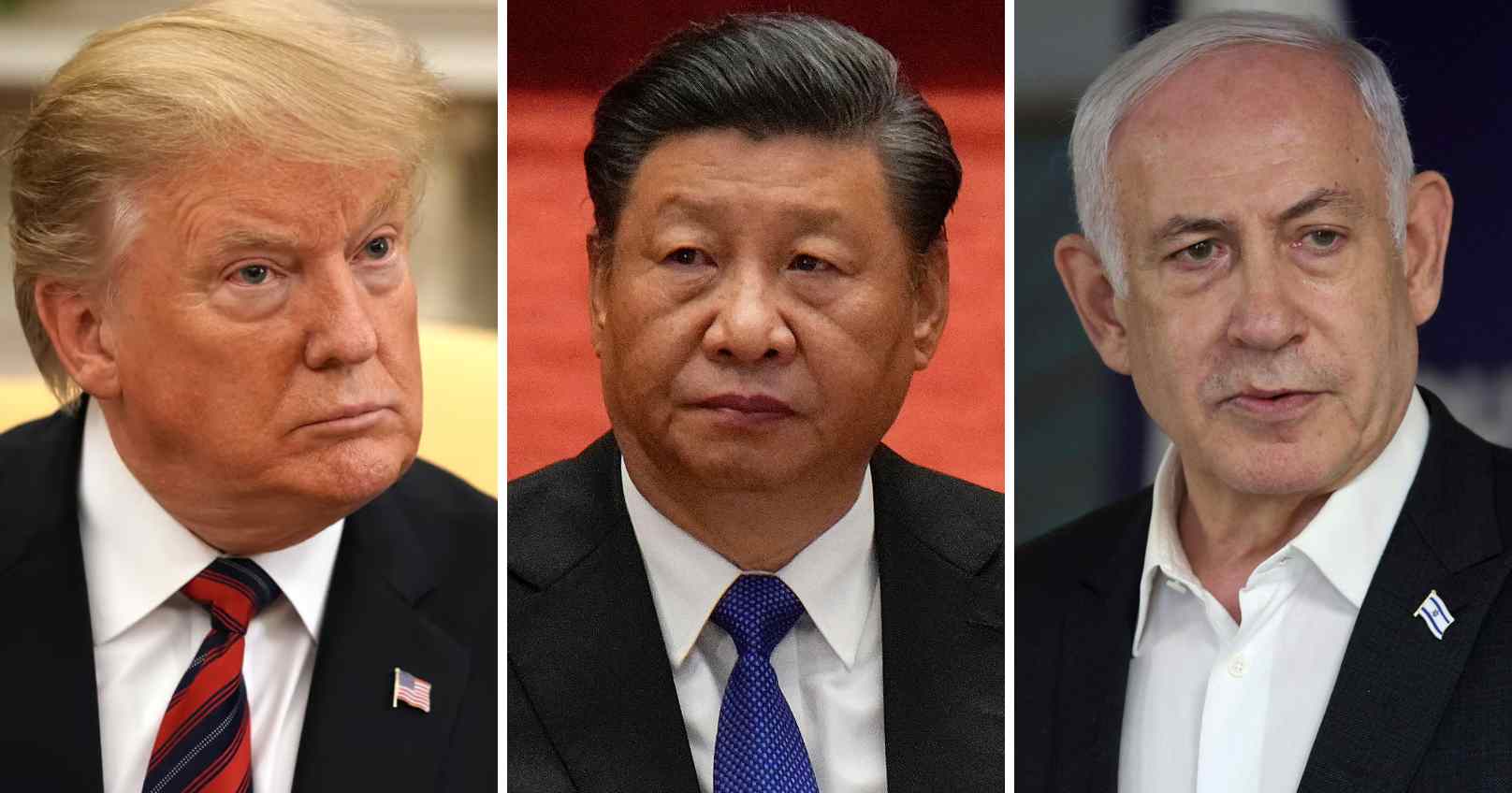World leaders have expressed varied reactions following India's pre-dawn strike on nine terror camps across Pakistan and Pakistan-occupied Kashmir (PoK) early on Wednesday. This action, part of India’s Operation Sindoor, targeted terror infrastructure in retaliation for the Pahalgam attack on April 22 that left 26 civilians dead.
United States
Reacting to the heightened tensions between India and Pakistan, US President Donald Trump called the situation a “shame” and expressed hope for a swift end to the conflict. Speaking to the press, Trump remarked, "It's a shame, we just heard about it. I guess people knew something was going to happen based on a little bit of the past. They've been fighting for a long time. I just hope it ends very quickly."
Meanwhile, US Secretary of State Marco Rubio, while monitoring the situation, reassured that Washington would continue to engage both nations to facilitate a peaceful resolution.
China
China voiced its concern over the escalating situation, calling on both India and Pakistan to show restraint. A Chinese foreign ministry spokesperson urged both nations to prioritize peace and stability, avoid exacerbating tensions, and take actions that would prevent further complications in the region.
Israel
Israel’s response to the Indian strikes was supportive, with Israeli Ambassador to India, Reuven Azar, taking to social media to express his country’s backing of India's right to self-defense. He stated, "Terrorists should know there’s no place to hide from their heinous crimes against the innocent," reinforcing Israel's stance against terrorism.
United Nations
UN Secretary-General António Guterres expressed deep concern regarding India's military operations in both Pakistan and PoK. His spokesperson emphasized the need for maximum restraint from both sides, stressing that the international community could not afford a military confrontation between the two nuclear-armed nations.
United Arab Emirates (UAE)
The UAE also urged restraint from both India and Pakistan. Deputy Prime Minister of Foreign Affairs, Sheikh Abdullah bin Zayed Al Nahyan, reiterated the importance of diplomacy and dialogue as the most effective ways to peacefully resolve crises. The UAE expressed concern about the potential threat to regional and international peace and called for de-escalation.
India's Strike on Terror Camps
The Indian military focused its strikes on facilities associated with the banned terror groups Jaish-e-Mohammed (JeM) and Lashkar-e-Taiba (LeT), which are known for their role in terrorism targeting India. Key targets included JeM’s headquarters in Bahawalpur and LeT’s in Muridke, both in Pakistan's Punjab province. India’s Defence Ministry emphasized that the operation was “focused, measured, and non-escalatory,” and that no Pakistani military infrastructure was targeted.
India’s response came after the deadly terror attack in Pahalgam, Jammu and Kashmir, where 26 civilians were killed, many of them tourists. Pakistan, however, reported civilian casualties from the missile attacks, stating that at least eight people had been killed, with retaliatory actions underway from Pakistan’s side.







